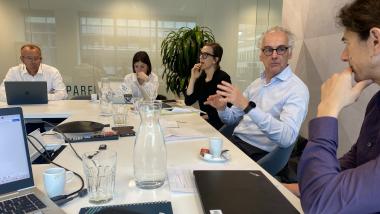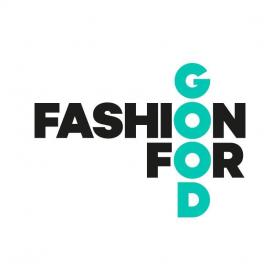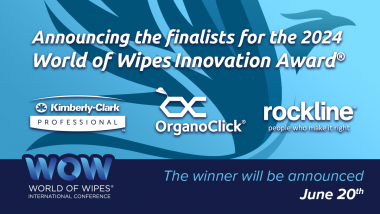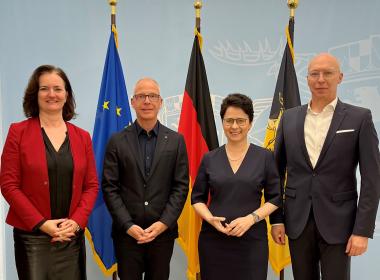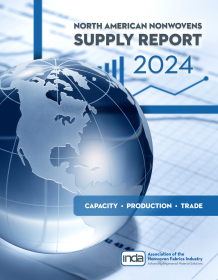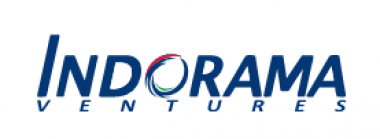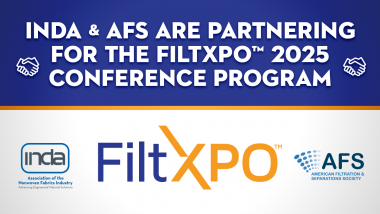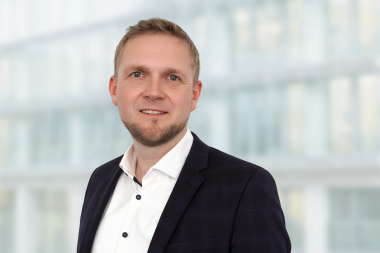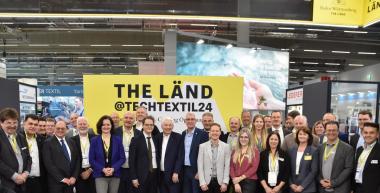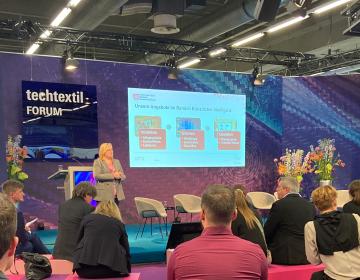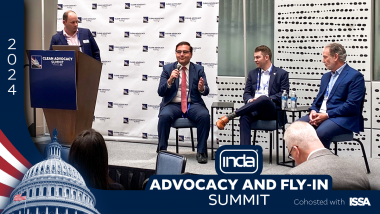Italian textile machinery manufacturers in Turkmenistan
From June 24 to 28, a delegation of Italian textile machinery manufacturers will be engaged in Turkmenistan for an institutional mission organized by ACIMIT, the Association of Italian Textile Machinery Manufacturers, and Italian Trade Agency. The delegation will have some institutional and commercial meetings scheduled in Ashgabat.
For the Italian textile machinery industry, the Turkmen market has high growth potential. Cotton is the third largest export product of the Country, and local authorities aim to develop a robust textile industry capable of processing the locally grown raw material. Significant investments in new equipment will be necessary for the success of this development program. To achieve this goal, the demand for textile machinery and technologies is rapidly increasing.
This is testified by the average annual growth rate of Turkmen textile machinery imports between 2009 and 2023 (+7.3%). Furthermore in 2024-2027 period forecasts by ACIMIT predict a further average annual increase of 5.5%.
Meanwhile, in 2023, the demand for Italian textile machinery from Turkmen companies has grown. Italian exports increased from 600,000 euros in 2022 to approximately 13 million euros the following year.
The Italian companies participating in the institutional mission are: Brazzoli, Color Service, Itema, Marzoli, Mcs, Reggiani Macchine, Salvadè, Santoni.
Acimit







